Copper Rinse is a corrosion inhibiting solution containing Benzotriazole (BTA) that has been proven to be an effective corrosion inhibitor for copper and bronze.
Corrosion inhibitors for copper and copper alloys are applied directly to the metal to prevent corrosion in changing environments. Different environments require different amounts of inhibitors, so it cannot be determined to what extent the inhibitor will prevent corrosion, but it has proven to be effective to inhibit or control corrosion.
How to Use
Clean the surface of the metal well before applying Rublev Colours Copper Rinse. Allow to dry completely before applying. Spray Copper Rinse evenly over the entire surface, and allow to dry. It will leave a slight haze on the metal surface. Alternatively, spray Copper Rinse and then swab with a cotton ball, and allow to dry completely. This removes any haze, but deposits less inhibitor on the surface. To remove the inhibitor, simply wipe with a cotton swab wetted with alcohol.
How it Works
Even as copper leaves the foundry, its surface has already started to corrode. Corrosion is due to the interaction between the metal and its environment, initially leading to an oxide layer on the metal. Copper oxides, carbonates and chlorides are the most commonly found corrosion compounds on the surface of copper and copper alloys. To a degree, these corrosion products are usually stable with respect to the environment. The stability of corrosion products depends on the environment of the object. Stable patina (noble patina) are normally found to be resistant to fluctuations in relative humidity. Some corrosion products develop unstable patina, also called “Vile Patina”.
Corrosion inhibitors are used in conservation to retard corrosion reactions. Benzotriazole (BTA) is the most commonly used inhibitor in conservation of copper and copper alloys. Corrosion inhibitors are substances applied to the surface of metal so as to retard the corrosion process by altering the properties of the metal’s surface. Inhibitors are substances that inhibit one or more of the corrosion processes on metal.
Inhibitor compounds are adsorbed to the surface of the metal. Compounds such as BTA polymerize. This polymer should result in a corrosion inhibiting polymer film over the copper substrate. BTA has been widely accepted in the stabilization of copper and copper alloys to provide this protection.
Note: The recommendations above are for educational purposes only, and testing should always be done prior to application of any of the products or techniques mentioned above.
Contains: Isopropyl Alcohol

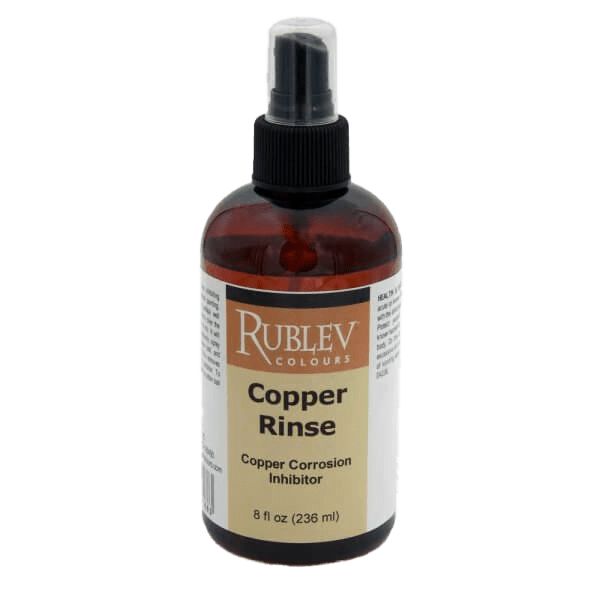
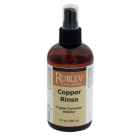
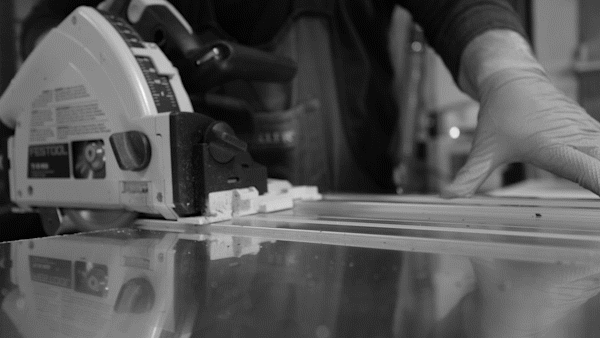
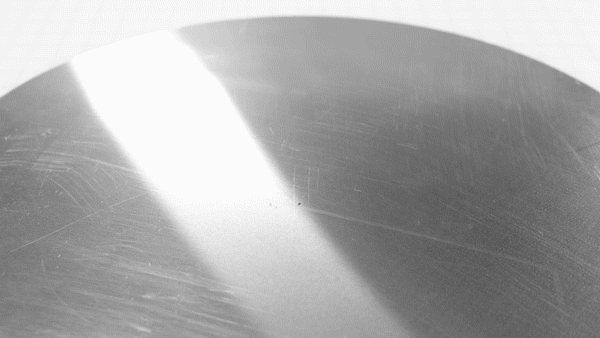







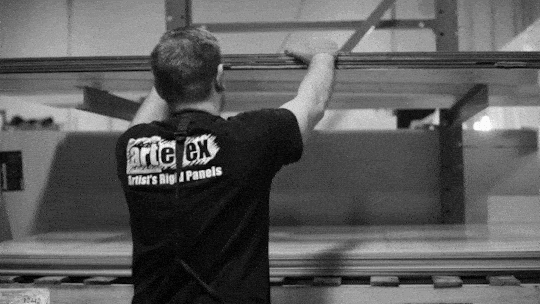

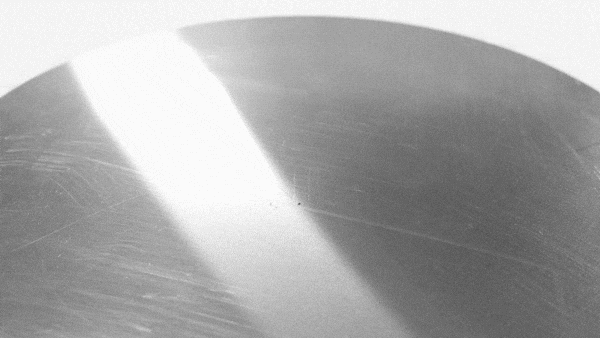
There are no reviews yet.